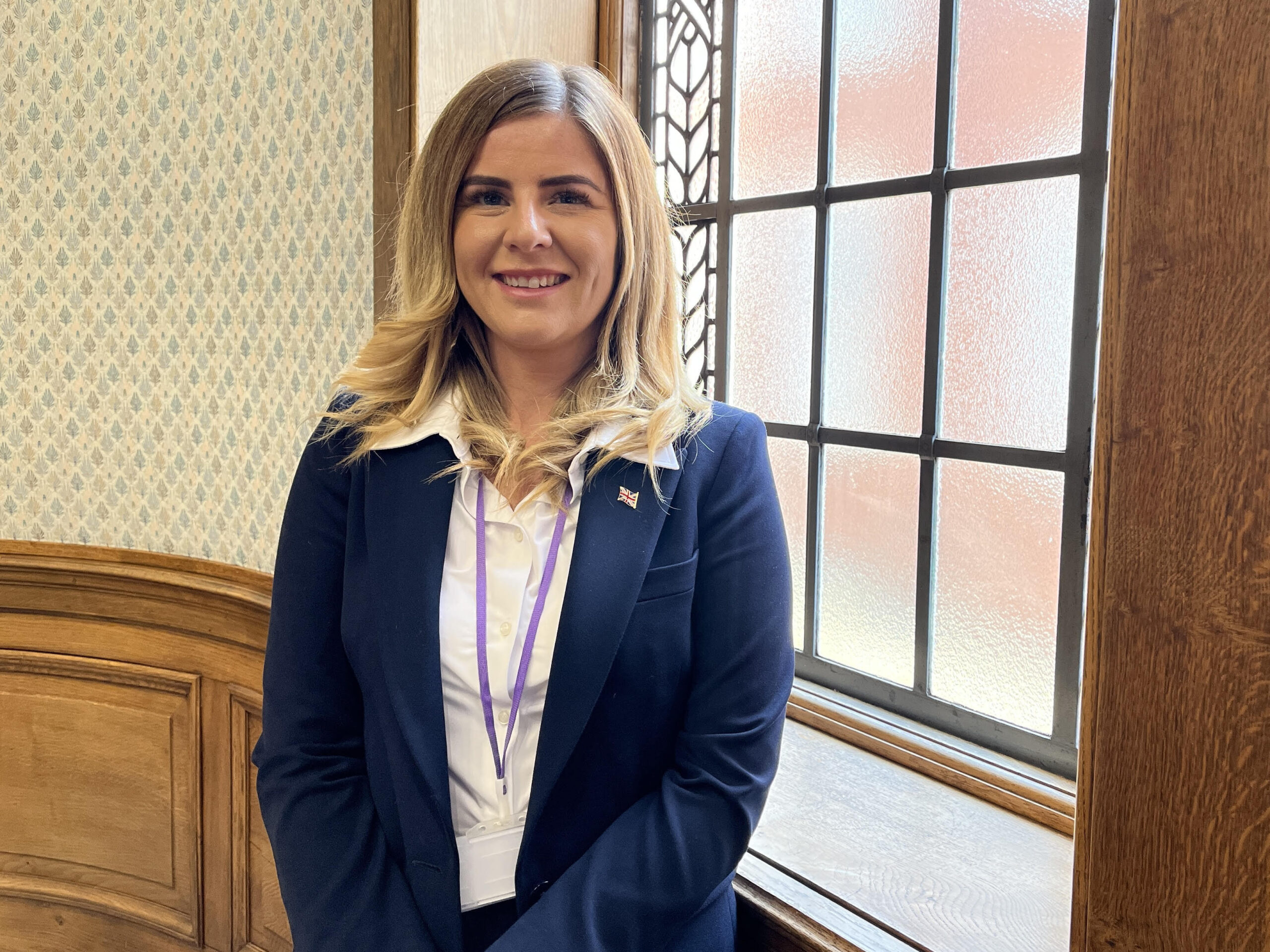A decision on whether to close the children’s ward at Pilgrim Hospital in Boston has been delayed.
At today’s (Friday April 27) meeting of the United Lincolnshire Hospitals NHS Trust, it was agreed that more information needs to be gathered before a final decision is made on which option should be taken going forward.
A decision is now due to be made in May.
The full statement from the United Lincolnshire Hospitals NHS Trust is below.
Today (Friday 27 April) the Trust Board at United Lincolnshire Hospitals NHS Trust (ULHT) supported the further working up of four options on temporary measures to maintain safe paediatric services at Pilgrim Hospital, Boston.
The Board asked for more detailed work to be completed and a report be brought back to the next meeting in May before a decision will be made.
This follows a Trust review of temporary options for children’s services at the hospital due to concerns raised by paediatricians and senior nurses, who have said that although current services are safe, they may struggle to provide safe care in the future if things remain as they are due to severe staffing shortages.
We are trying to recruit, as without more staff, from June we won’t have enough paediatric doctors to provide emergency and non-urgent care on the children’s ward, A&E, maternity and neonatal units 24 hours a day, seven days a week, to keep services safe for patients.
For all of Pilgrim’s children’s services to run 24/7, there should be eight middle grade doctors at the hospital. This is to cover all rotas, annual leave and sickness and to make sure safe care can be provided for patients at all times. In June, the Trust is forecast to have 3.5 middle grade doctors, and only one middle grade doctor in July.
The staffing situation is volatile and constantly changing and the Trust is very reliant on short-term agency doctors and nurses, many of whom only work occasional shifts. In February, ULHT reduced the number of inpatient beds to eight and suspended all planned (not urgent) children’s surgery at Pilgrim as nursing staffing shortages became worse.
Board agreed that a task and finish group be set up to fully develop the four temporary options (shown below) and carry out detailed quality and equality impact assessments to inform decision making at May board.
It was also noted that East Midlands Clinical Senate has agreed to review possible community and hospital service options in May and make recommendations. Board’s decision will be informed by this expert clinical advice.
Option One
· Maintain current services at Pilgrim hospital, this is reliant on finding additional multi-professional staff from agency to cover children’s, maternity and neonatal services and getting the right balance between substantive and temporary staff.
· Following advice, we are currently unable to identify nationally that a middle grade tier run solely by locums is safe and whether it could carry a bigger risk and therefore need to seek assurance as to whether it is safe to do so.
Option Two
· Temporary closure of the children’s inpatient ward at Pilgrim with effect from 4 June (providing additional staffing cannot be secured)
· Temporary redirection of paediatric emergencies transported by ambulance to Pilgrim – redirected to nearest A&E or urgent care centre
· Temporary re-direction of urgent GP paediatric referrals to neighbouring organisations
· Paediatric support with emergencies in A&E at Pilgrim hospital
· Increase gestational age for delivery within the high risk birthing unit from 30 weeks to 34 weeks.
Option Three
· Temporary closure of paediatric inpatient services at Pilgrim with effect from 4 June (providing additional staffing cannot be secured)
· Temporary redirection of paediatric emergencies transported by ambulance to Pilgrim – redirected to nearest A&E or urgent care centre
· Temporary re-direction of urgent GP paediatric referrals to neighbouring organisations
· Paediatric support with emergencies in the A&E department at Pilgrim hospital up until 1 July
· Retaining consultant led obstetrics and neonatology at Pilgrim until 1 July when medical staffing reduces beyond the ability to support neonatology. From 1 July temporary closure of consultant led obstetrics and neonatology at Pilgrim until the staffing gaps could be addressed
· Increase gestational age for delivery within the high risk birthing unit from 30 weeks to 34 weeks
· Establish midwifery led birthing unit at Pilgrim hospital and a co-located midwifery led birthing unit at the Lincoln hospital to facilitate increased activity on the consultant led unit.
Option Four
· Maintain current paediatric inpatient services, consultant led obstetrics and neonatology services at Pilgrim and Lincoln, temporary transfer of staff (medical and nursing) from Lincoln to Pilgrim.
· Stop all paediatric inpatient and day case elective (planned) activity for all paediatric specialities at both Lincoln and Pilgrim hospitals. (This will require adjustment to bed numbers at Lincoln and cancellation of some elective activity at Lincoln)
· Stop all general paediatric outpatient appointments
Dr Neill Hepburn, Medical Director said, “We understand how concerning the potential loss or change to any service can be, particularly when it involves children. We haven’t made a decision yet and we are working hard to avoid moving services. I want to reassure the public that we won’t make any decision lightly.
“A temporary decision will be made for one reason and one reason only and that is to ensure our children’s services remain safe, as in July we forecast that we will only have one substantive middle grade doctor working at Pilgrim. This isn’t about saving money, it’s about safety. All options being discussed will cost more money than now.
“We have had a long-standing shortage of children’s doctors and nurses at ULHT and have carried out extensive worldwide recruitment. Since November 2017, we have received 54 applications from international doctors. Of those, we interviewed 23 doctors but just four people have accepted a job offer and don’t yet have visas to work in the UK. These efforts haven’t resulted in the numbers of doctors needed to maintain current services.”
Before we make a decision at May’s board meeting, we will carry out detailed risk assessments on the options and carry out public, staff and stakeholder engagement to get a full picture of the quality and equality impacts on the options. We will also continue to recruit to maintain safe services in the future.
The next board meeting will be on Friday 25 May, at 10.30am in Sleaford. The board papers will be published in advance on our website.







